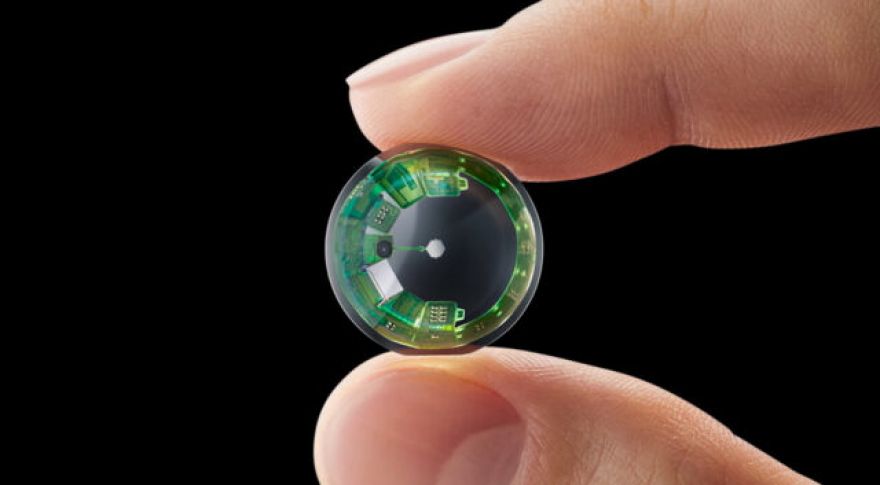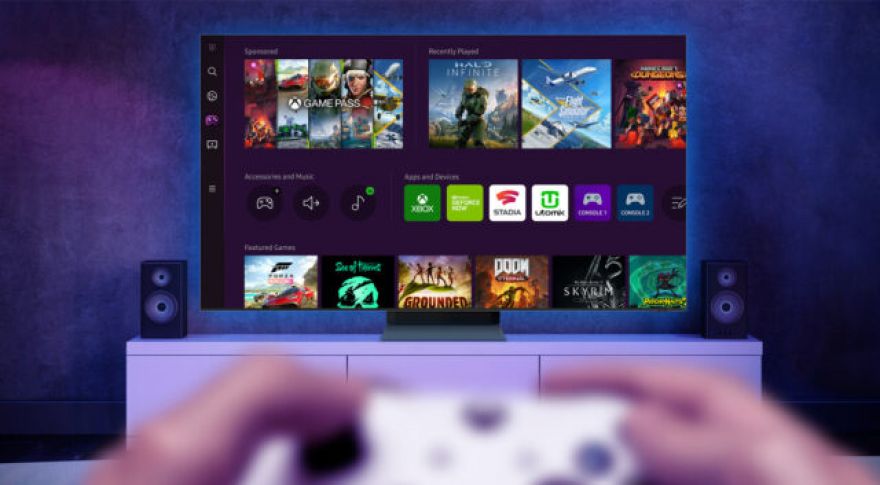
Hello and welcome back to This Week in Space. Unlike the temperature, this week the news has some major ups and downs. Ingenuity is experiencing some wear and tear on the surface of Mars, but this week we’ll hear that a team of engineers is looking to bio-inspired designs that could sidestep Mars’ two greatest hazards. After a brief dropout, NASA has regained radio contact with its CAPSTONE lunar probe. However, tensions are rising in low-Earth orbit, as the Ukraine war finally creeps aboard the International Space Station. Finally, NASA night-sky expert Preston Dyches tells us to look for a teapot in the sky.

(Photo: Competition and Markets Authority)The UK’s antitrust authority has started a probe into Microsoft’s $68.7 billion bid to acquire Activision Blizzard. In a statement Wednesday, the Competition and Markets Authority (CMA) it seeks to determine whether the acquisition would “result in a substantial lessening of competition” within any UK markets. Such a result could constitute a violation of the Enterprise Act 2002, which authorized the government to intervene with mergers that could potentially threaten national security, media plurality, financial stability, or public health. Microsoft appears unbothered by the probe. “We will fully cooperate with the CMA’s merger review.

Back in 2020 Facebook came up with an ingenious way to get more people on its platform. Since it owned Oculus, it would just require people who bought a Quest headset to create a Facebook account to use it. Brilliant! People who already owned devices were given the choice of merging their Facebook accounts with their Oculus accounts. Those who chose not to do so were given two years to use the device. After that period, which starts January 1, 2023, full functionality would require a Facebook account. It sounded pretty dumb back then, and it still sounds dumb now, two years later.

The way we interact with technology is always changing, and some in the industry claim the next big step is the a spatial version of the internet that mixes digital content with the real world. But how is one supposed to interact with the metaverse? Today’s virtual and augmented reality hardware is clunky and inefficient, but a smart contact lens? That sounds like science fiction, but we may be getting close. A company called Mojo Vision says its smart contact lenses are now a functional prototype with a micro LED display and medical-grade micro-batteries. Drew Perkins, the CEO of Mojo Vision, he was the first to get an “on-eye” demonstration of the company’s technology.

The Isle of Wight’s chalk hills. (Photo: Jonathan Ridley/Unsplash))The UK’s National Health Service (NHS) has identified a quick, environmentally-friendly way to transport vital chemotherapy drugs to remote communities: drone delivery. In an announcement marking the organization’s 74th birthday, the NHS stated it would begin testing the use of drones to deliver chemo drugs to patients in hard-to-reach locations. Remote communities usually receive chemo drugs by car, boat, or helicopter. These modes of transport are relatively slow, which can pose a danger to drugs with short shelf lives. Used repeatedly, they also emit significant amounts of carbon. Drones, meanwhile, can get life-saving drugs to patients in a timely manner while helping the NHS work toward its goal of becoming carbon-neutral.

(Photo: Mitchell Luo/Unsplash)Google appears to have provided a Russian tech company continued access to sensitive user data, despite industry sanctions related to Russia’s war with Ukraine. RuTarget, an advertising technology firm owned by Russia’s biggest state bank, enjoyed unfettered visibility into Google’s user data until June 23, according to a new ProPublica report. RuTarget typically seeks out user data to support its core function: placing digital ads on behalf of other brands. But sanctions directly related to Russia’s invasion of Ukraine dictated several months ago that Google and other entities stop supplying data visibility to a list of Russian companies including RuTarget.

Diablo Immortal launched a month ago to much fanfare, and for the first few days, things were good. Players were surprised how much the mobile game felt like a real Diablo title. Then, the in-app purchase hangover hit. Completely leveling up a character would cost many, many thousands of dollars, which has some fans up in arms. Not all of them, though. Plenty of people are pumping money into . According to market intelligence firm AppMagic, Activision-Blizzard has raked in a whopping $49 million in the game’s first month, and it still earns more than a million per day.

Intel’s Alder Lake spearheaded the company’s efforts to turn the tide against AMD. It was successful too, earning praise similar to “Intel is back” from many reviewers. Now that Alder Lake is in the history books, the company now turns to its successor, Raptor Lake. It will be an enhanced version of Alder Lake, as Intel is using its famous tick-tock strategy again. Despite the similarities between the two architectures, one lingering question was whether or not Intel would continue to support DDR4 memory. It did so with Alder Lake, but that launched last year when DDR5 memory was almost non-existent.

There are numerous ways to play high-end games in the cloud in 2022, but rarely can you access all the top streaming services from a single screen. However, Samsung is making that a reality for anyone with one of its latest smart TVs. Its new Gaming Hub interface is getting support for Stadia, GeForce Now, and Xbox Cloud Gaming. Not enough? Amazon Luna is coming, too. We are still admittedly early in the era of cloud gaming, but it’s not going anywhere. Samsung’s integrated approach has advantages as the selection of games varies from one service to the next.









